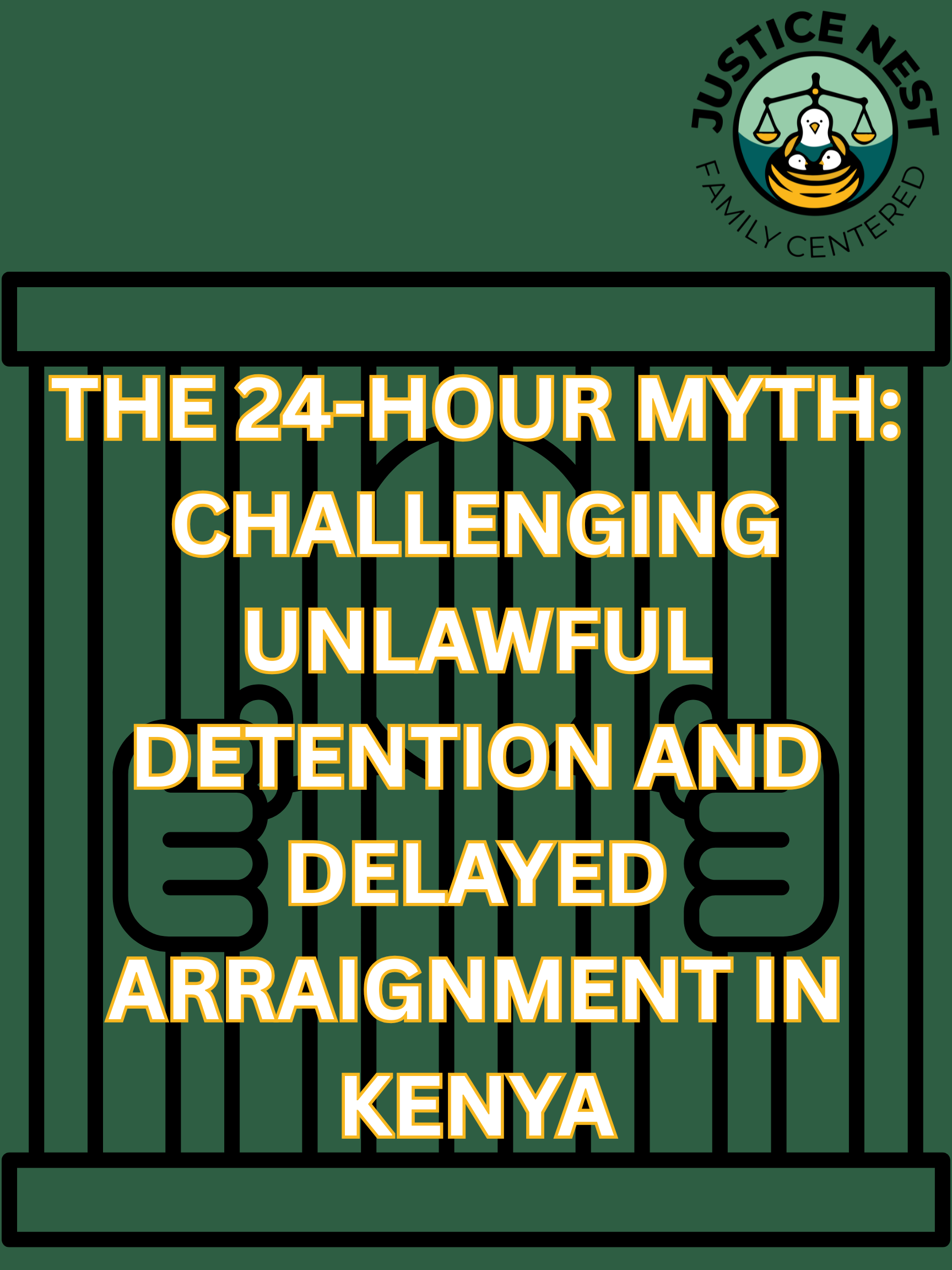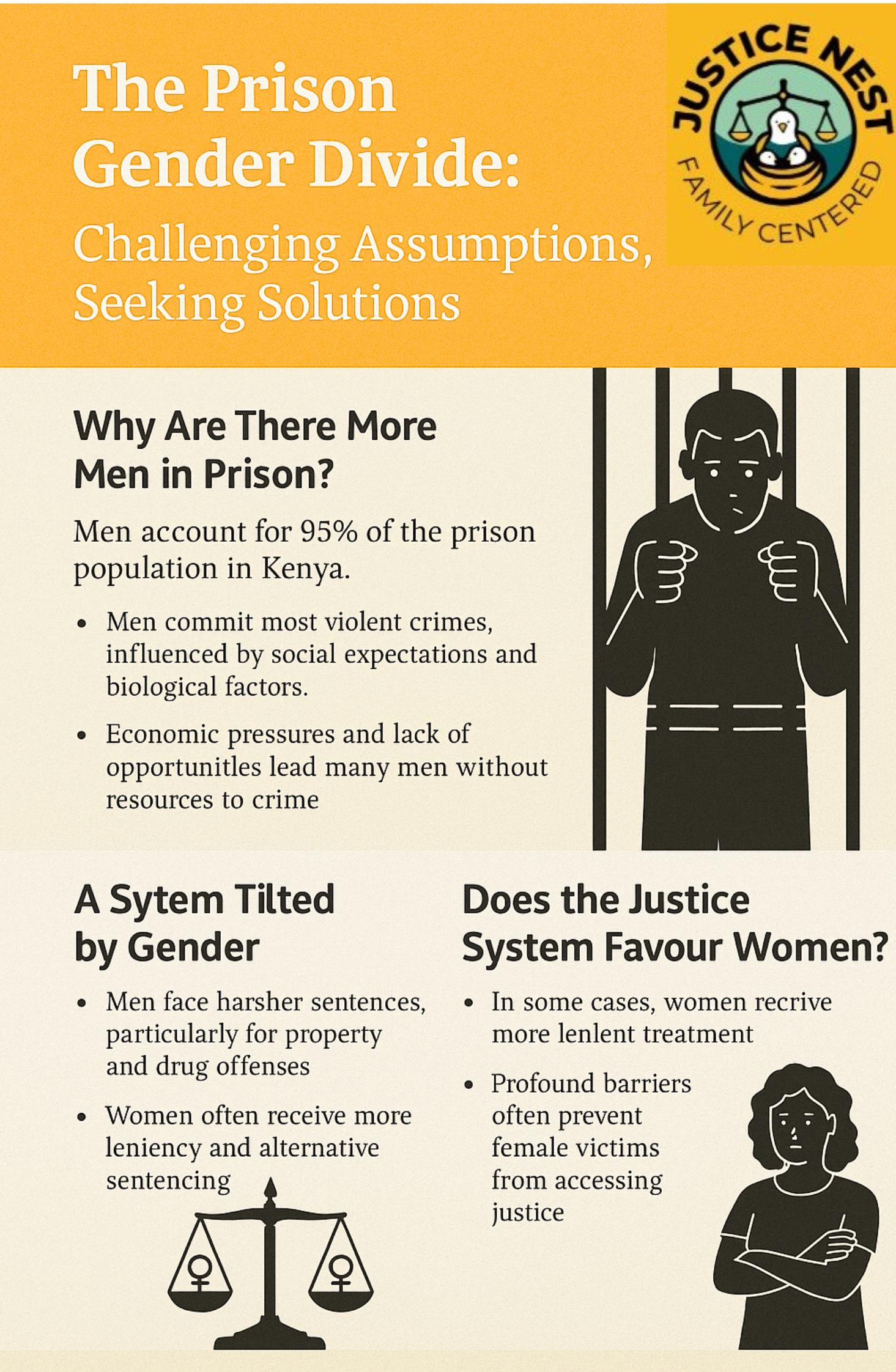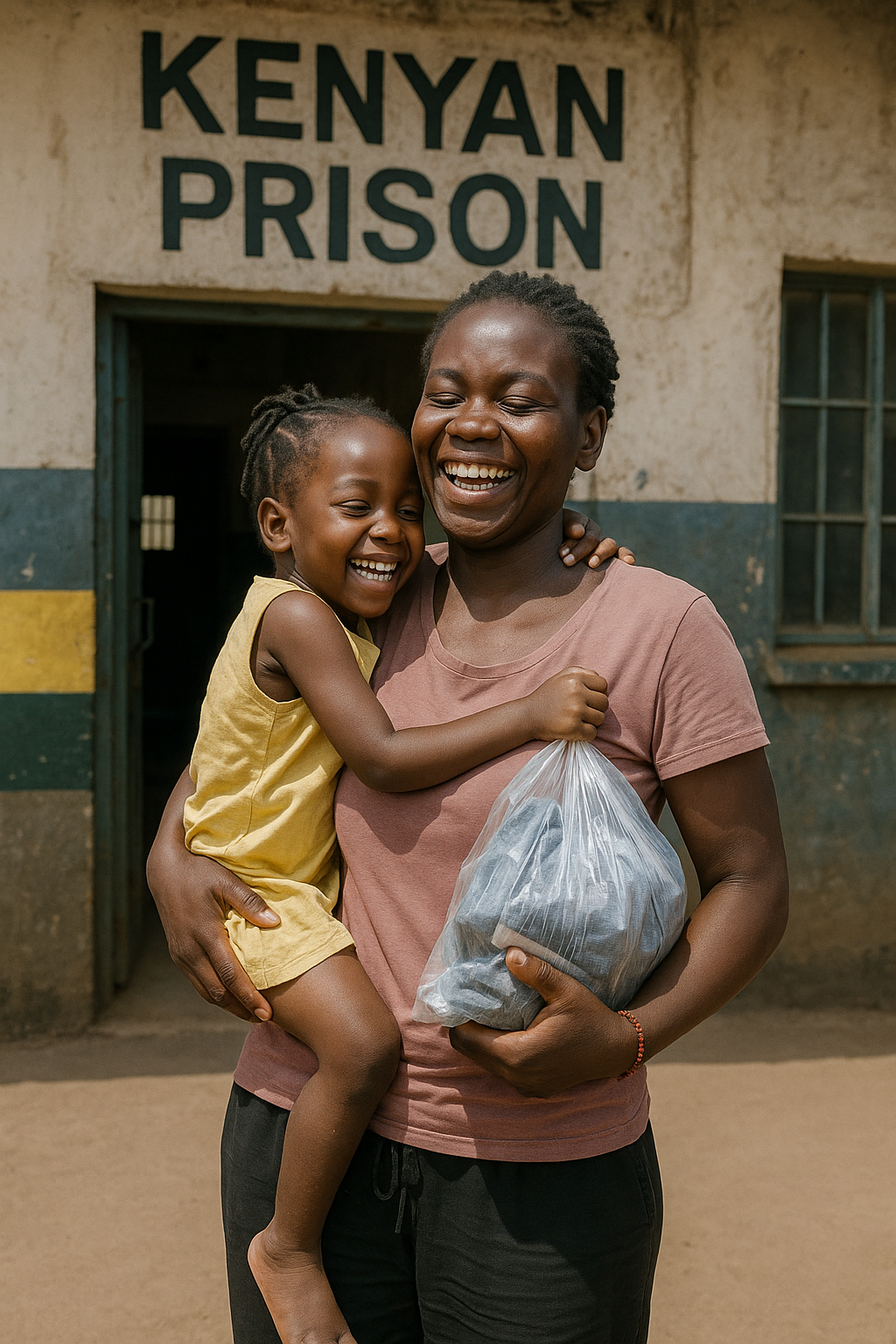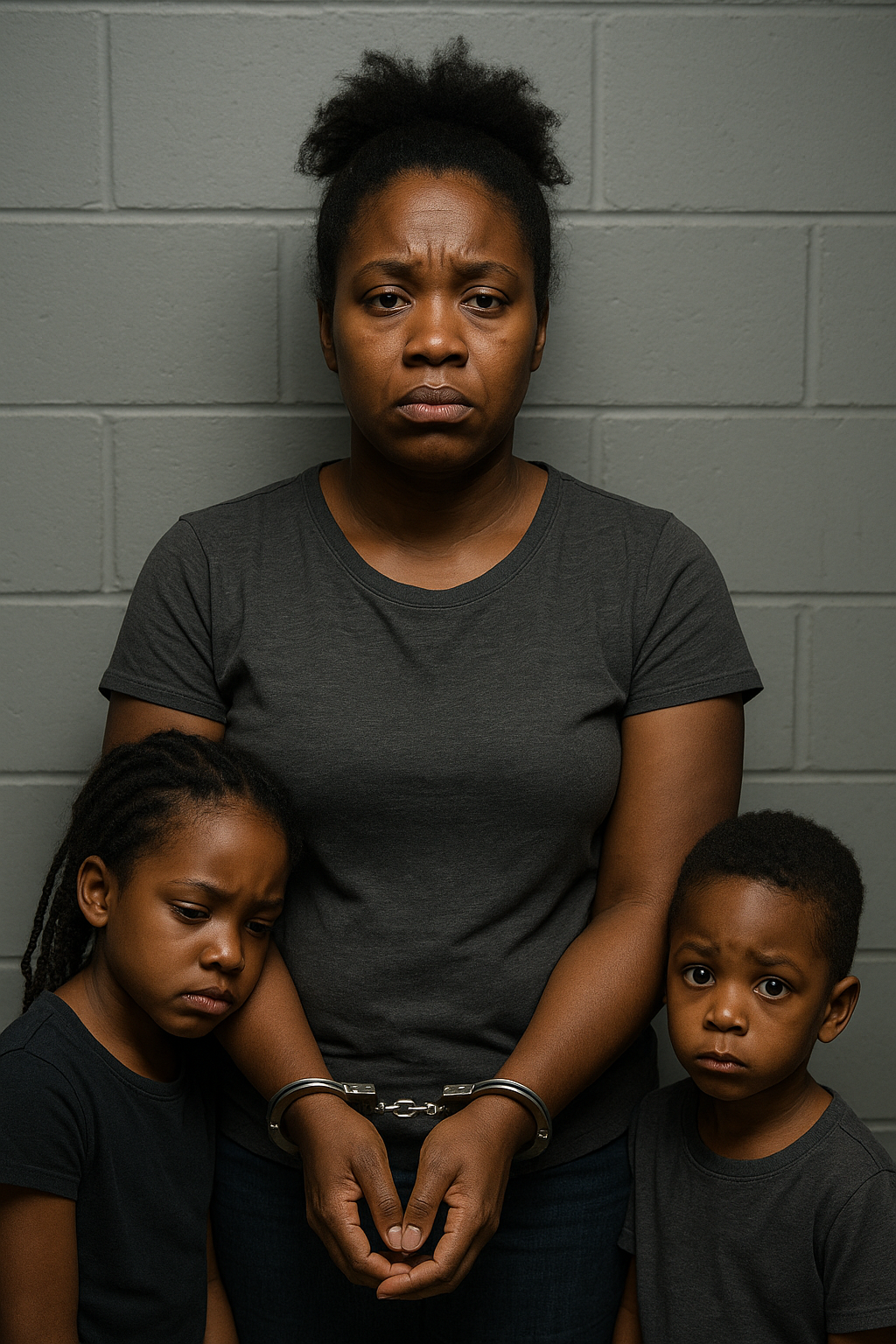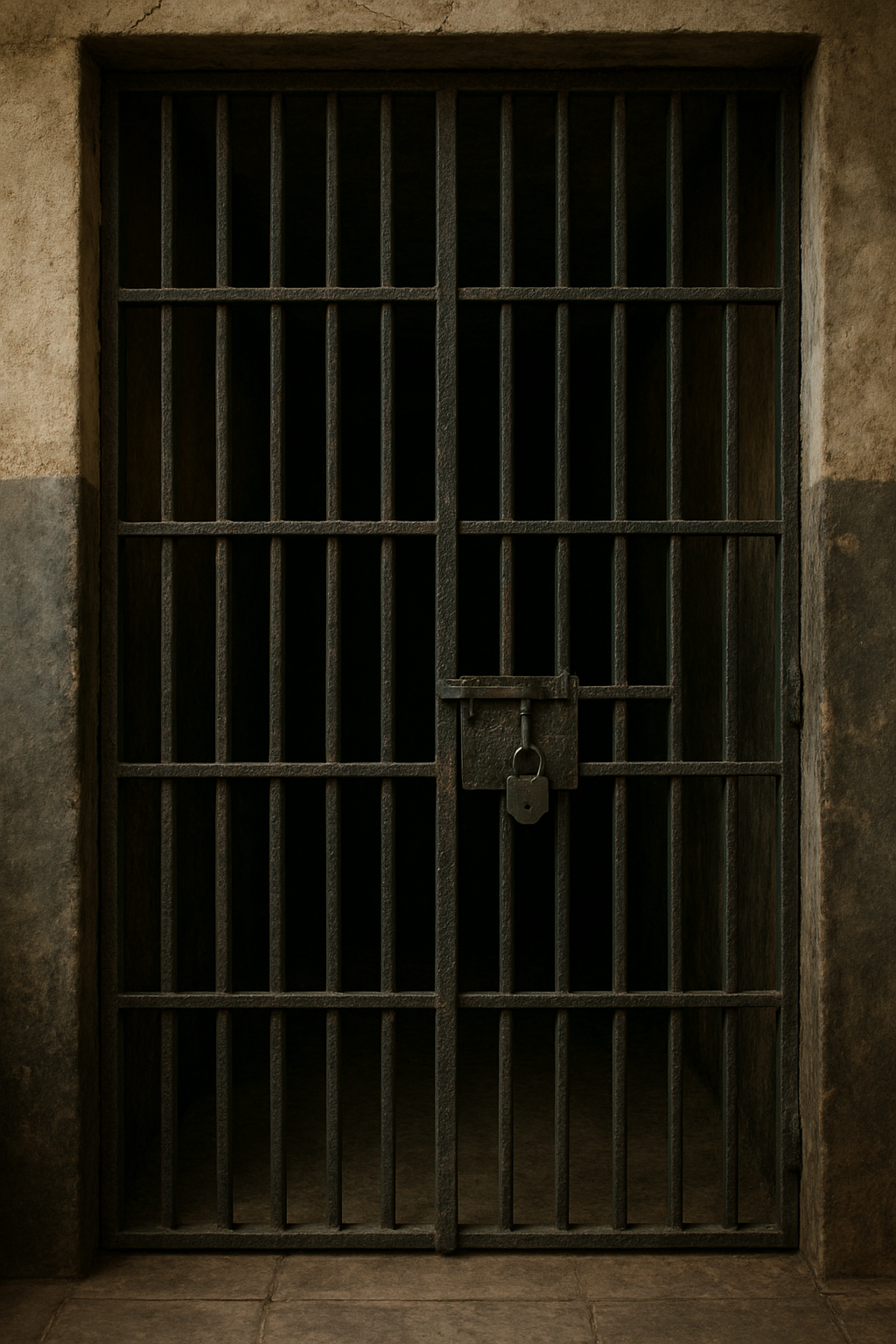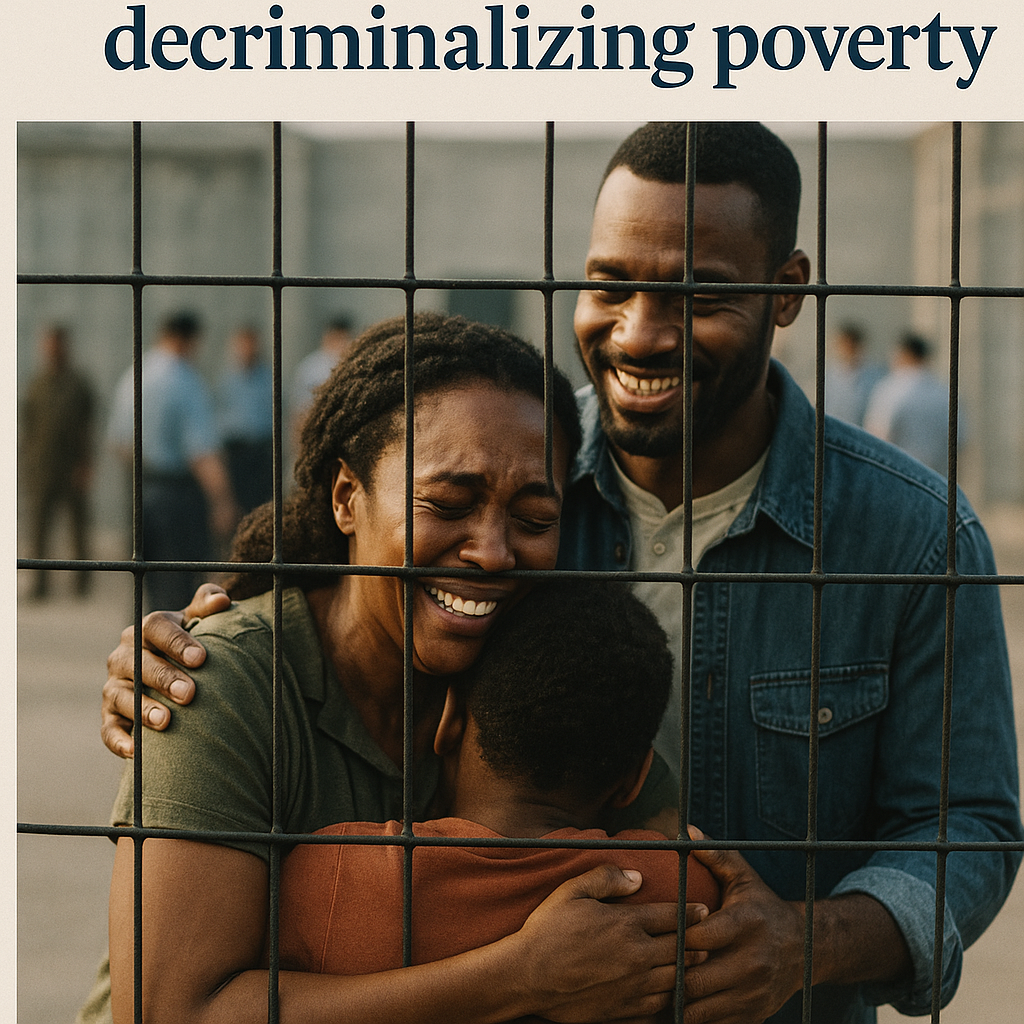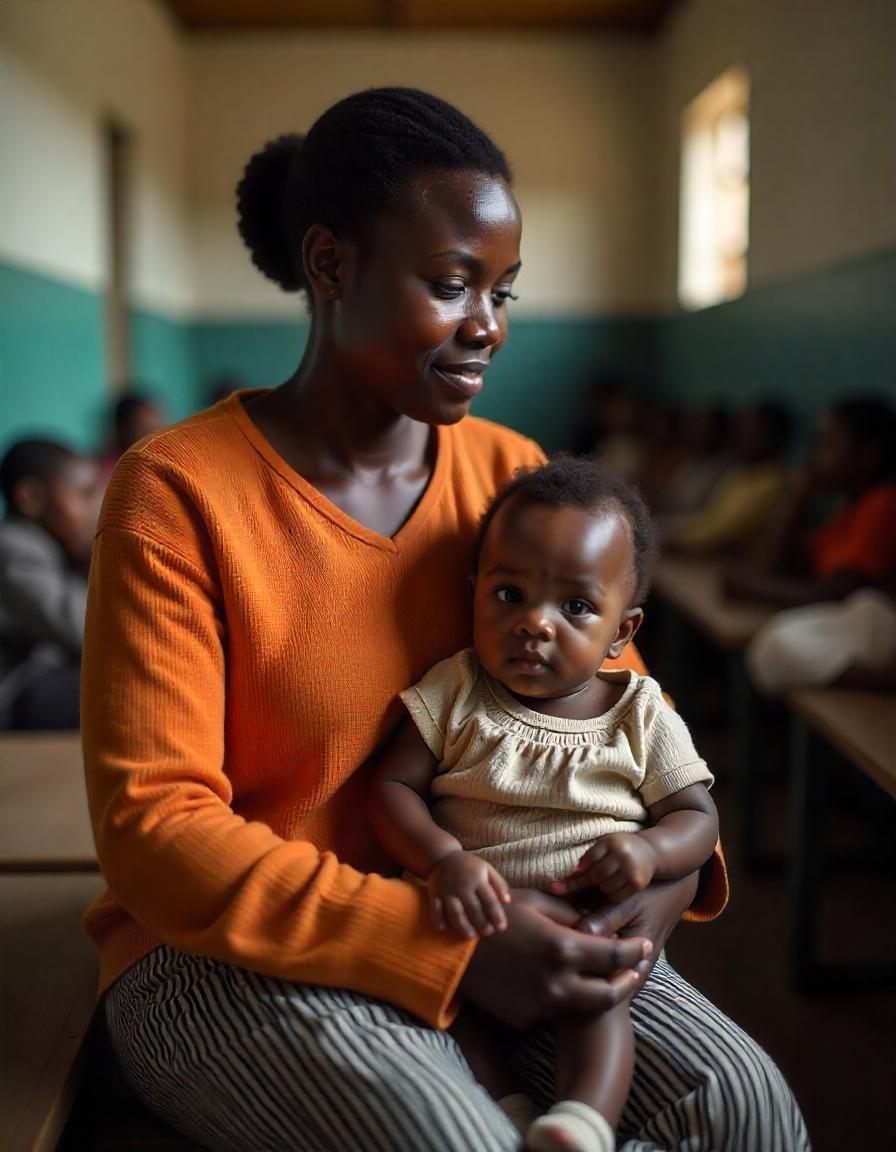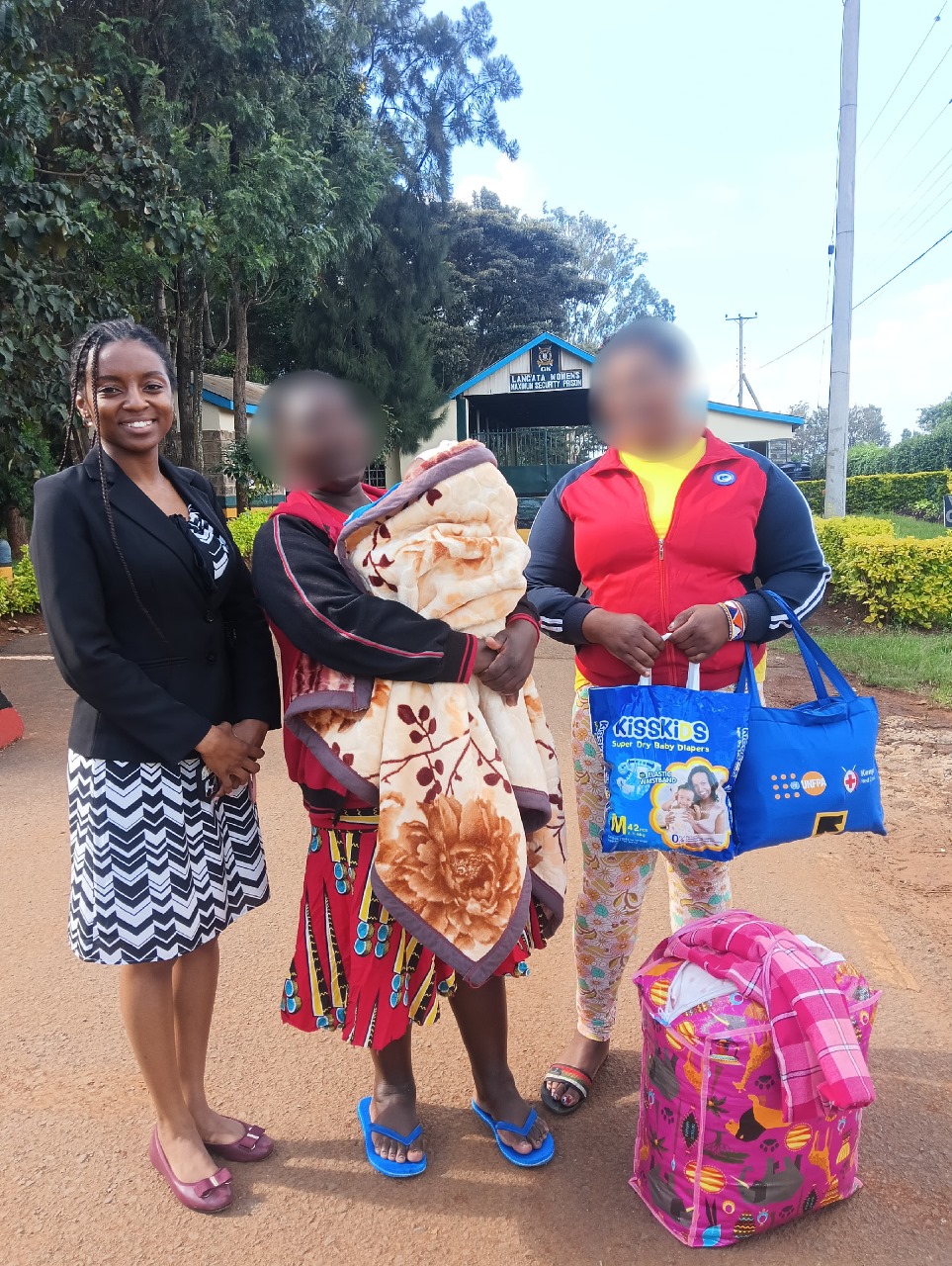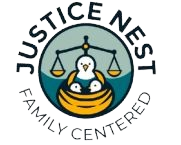Stories
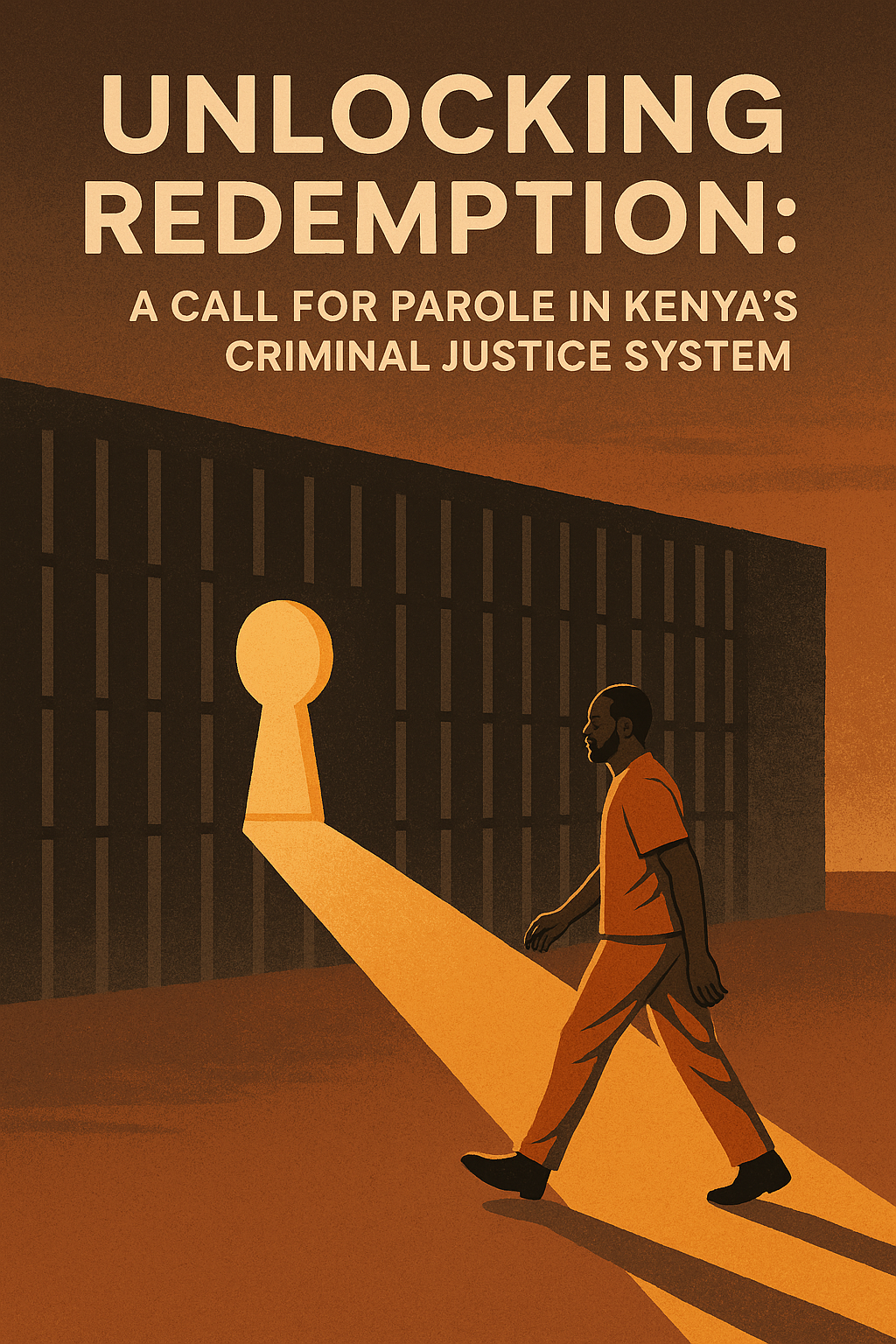
June, 2025
Unlocking Redemption: A Call for Parole in Kenya’s Criminal Justice System
“In rehabilitation, there is no elevator. You have to take every step—one step at a time.”-J. Teichmann More than a decade after the 2010 Constitution ushered in a new era for human rights and justice in Kenya, the country’s criminal justice system still lags behind in aligning with its progressive vision. While important reforms are underway, such as the proposed Penal Code and Criminal Procedure Code amendments of 2023, one critical issue remains under-addressed, the absence of a comprehensive parole system. Parole is the conditional release of a prisoner before the end of their sentence, allowing for structured reintegration into society under supervision. It is not a shortcut to freedom, but a carefully managed opportunity for rehabilitation, public safety, and resource management. Kenya’s penal system is overburdened. Overcrowded facilities strain limited resources, reduce access to rehabilitation programs, and contribute to high rates of reoffending. A functional parole system would help alleviate this pressure by releasing eligible inmates under strict conditions, allowing prisons to focus resources on those who truly require continued incarceration. But parole is about more than just space. It represents a shift in how we view justice, not solely as retribution, but as restoration. It opens the door to redemption for individuals who have shown personal growth, accountability, and readiness to contribute positively to society. Kenya’s current legal framework provides only a minimal pathway to parole. Section 49 of the Prisons Act (Cap. 90) allows for a short, two-week release period for inmates within three months of completing their sentence. This provision is rarely implemented, and it does not meaningfully apply to long-term or life-sentenced inmates. For these prisoners, the only mechanism is the Power of Mercy Advisory Committee, a rarely activated and highly discretionary process. As a result, there is no systematic approach for evaluating inmate reform or facilitating supervised reintegration. Kenya is not alone in facing prison overcrowding, but it is falling behind in how it responds. A close analysis of parole systems across Africa offers important lessons that Kenya can learn from. Several countries on the continent have made significant strides in incorporating parole as a key component of modern, rehabilitative justice systems. South Africa: Under the Correctional Services Act, 1998 (Act No. 111 of 1998), a robust parole framework is in place. Inmates are assessed by a Correctional Supervision and Parole Board, which evaluates their rehabilitation progress, behaviour, and potential risk to the public. Parole conditions may include curfews, travel restrictions, drug testing, employment requirements, and participation in reintegration programs. Serious offenders undergo additional scrutiny from the National Council for Correctional Services, which advises the Minister of Justice. Namibia: The Correctional Service Act, 2012 provides for parole through a structured process involving recommendations from a Parole Board, guided by criteria such as good conduct, time served, and evidence of rehabilitation. Uganda: Under the Prisons Act, 2006, inmates may be considered for parole after serving one-third of their sentence, provided they meet defined behavioural and rehabilitative milestones. The system incorporates parole boards and community-based supervision to ensure accountability and support reintegration. Ghana: Although still developing, Ghana has begun implementing parole through its Prisons Service Act, including pilot programs for supervised release in partnership with NGOs and legal aid bodies. These examples demonstrate that parole is neither radical nor untested. It is a practical, structured tool that balances justice, rehabilitation, and public safety. With its well-established legal institutions and a constitutional foundation grounded in human dignity, Kenya is well-positioned to adopt and tailor a similar framework. An opportunity for transformational change. With the Penal Code (Amendment) Bill, 2023 and Criminal Procedure Code (Amendment) Bill, 2023 under discussion, this is a moment for policymakers to consider embedding parole within the justice reform agenda. A justice system should be measured not only by how it punishes, but by how it restores. Parole is not a loophole, it is a bridge. A bridge between incarceration and reintegration. Between punishment and purpose. By unlocking redemption, Kenya can follow a path already taken by its regional peers, building a humane, effective, and restorative justice system that upholds both the Constitution and the conscience of the nation
Wesley Waku-Legal Aid Advocate
